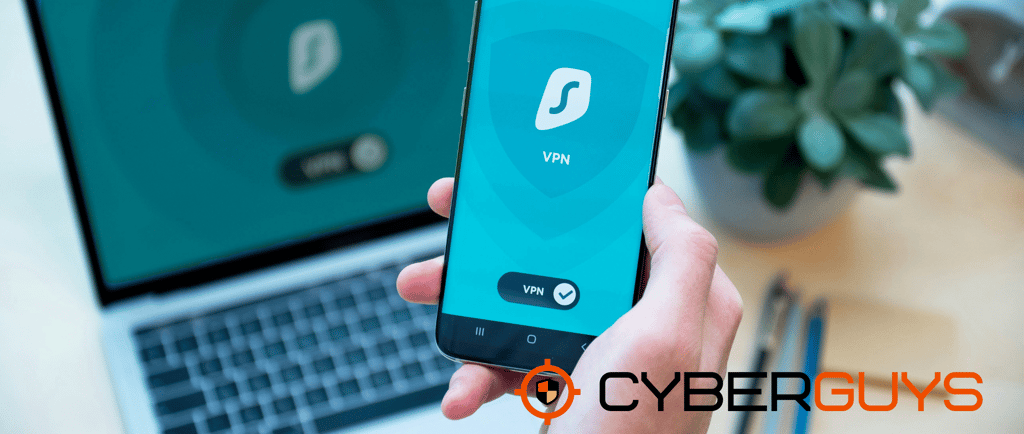Cybersecurity Tools Every Australian Small Business Should Invest In
In today's digital age, small businesses in Australia are increasingly becoming targets for cyber threats. To safeguard sensitive data and maintain customer trust, investing in the right cybersecurity tools is crucial. This blog explores essential cybersecurity tools every Australian small business should consider, from firewalls and antivirus software to encryption solutions and multi-factor authentication. By taking proactive steps with these tools, small businesses can protect themselves against potential cyber-attacks and ensure long-term success.
3/14/20253 min read


Cybercriminals are definitely not only going after big companies; indeed, smaller companies are frequently considered simple prey.
With a limited number of resources at their disposal, smaller companies frequently tend to have greatly weaker cybersecurity measures already in place, making these particular companies even more vulnerable to cyber attacks. All businesses are vulnerable because there are more damaging ransomware attacks, advanced phishing scams, and important data leaks occurring.
Regrettably, many small business owners do not realise the magnitude of the threat. They often do not realise it with sufficient time to act. Without strong cybersecurity systems and also tools, only a single attack could stop operations, possibly resulting in damage that is irreversible. For a small business, the large expense of getting back on track, a serious decline in customer confidence, and meaningful harm to how people view the business can be crushing.
Good thing, there are some ways to protect your business. Here are some of your must-have cybersecurity software:
1. Firewall Protection
A strong firewall acts as a defense separating your private networks from possible dangers online. It keeps watch over as well as sorts of network traffic that is coming in and going out, stopping harmful actions. An early step you can take to protect your firm from external threats is investing in a strong firewall.
2. Antivirus Software
Even though firewalls offer a degree of assistance in blocking a certain number of external threats, antivirus software protects your devices from multiple viruses, malware, and further malicious software that may have already infiltrated a given network. Make certain to pick antivirus software with current scanning and with regular updates for fighting new and for changing dangers.
3. Multi Factor Authentication (MFA)
Multi factor authentication is a key security step that provides increased protection for your accounts on the internet. Rather than relying just on passwords, MFA makes people confirm who they are by using more than one way, such as a password and a code sent via text. This makes it a lot tougher for cybercriminals. It is more difficult for them toward gaining access into your sensitive data, even with managing to obtain at a password.
4. Backup Solutions
Backups on a frequent basis are important. These backups are helpful in maintaining business continuity during a cyber attack, such as ransomware. Backup solutions automatically store copies of data in secure locations, guaranteeing that files can quickly recover if ever lost or corrupted. Also, consider using web-based storage options that allow retrieving information from any spot, which decreases the possibility of equipment failures at the physical office.
5. Encryption Tools
Encryption makes sure private info is mixed up and not able to be read if you don't have a decryption key to see it. Irrespective of customer payment information and confidential business data, encryption guarantees that data, even if intercepted via persistent cybercriminals, remains useless for them. Encrypt inactive data (data stored on a device) as well as active data (data moved throughout networks).
6. Security Information and Event Management (SIEM) Systems
SIEM systems furnish a thorough approach to cybersecurity through the offering of real-time monitoring, data collection, and analysis of many security events. These setups allow the user to identify possible risks prior to them worsening as well as provide helpful information for the user regarding the user's business’s security situation.
7. Cybersecurity Training
Even superior tools on the market won’t be quite effective enough if your staff isn’t sufficiently trained enough to spot threats such as phishing emails, social engineering tactics, and unsafe online behaviours. Cybersecurity training investments can empower each small business team to recognise many threats. Each team can also prevent several breaches before those occur.
Cybersecurity threats represent a genuine and escalating apprehension for small businesses throughout Australia, but via appropriate resources with tactics available, your data can be safeguarded, dangers minimised, and the expansion of your business can proceed in confidence and assurance. Cyberguys provides cybersecurity training that is both budget-friendly and practical, with professional advice on the top tools to protect your business.
If you’re interested to know more, reach out to us for more information.
Small Business Cyber Security
Empowering communities and small businesses through cyber security awareness.
Connect with us
Community newsletter
(07) 3326 2373
© 2025 Terabyte Networks Pty Ltd. All rights reserved.
QLD Security Provider Licence: 4762328

Level 2, 49 Station Road, Indooroopilly QLD 4068
Servicing Brisbane, Sydney and Melbourne
